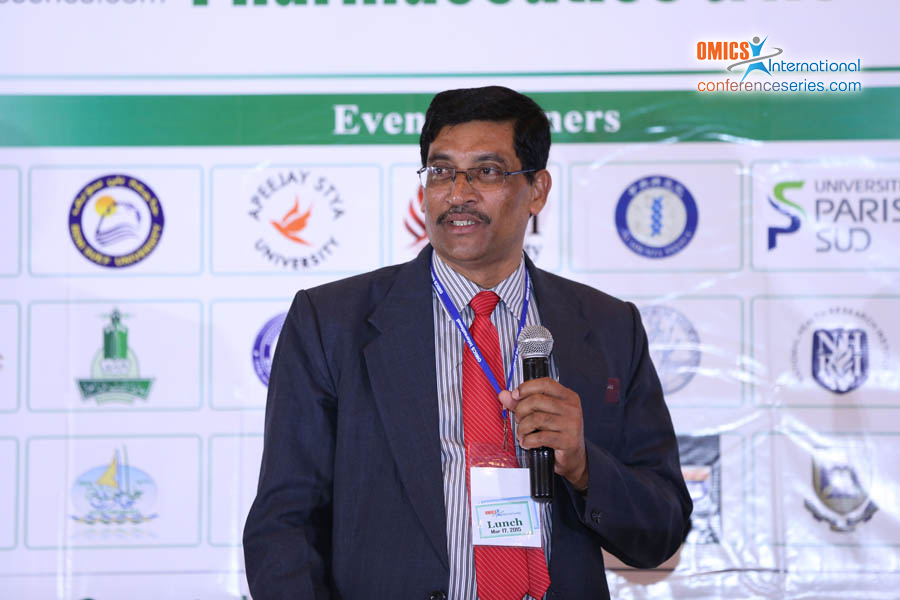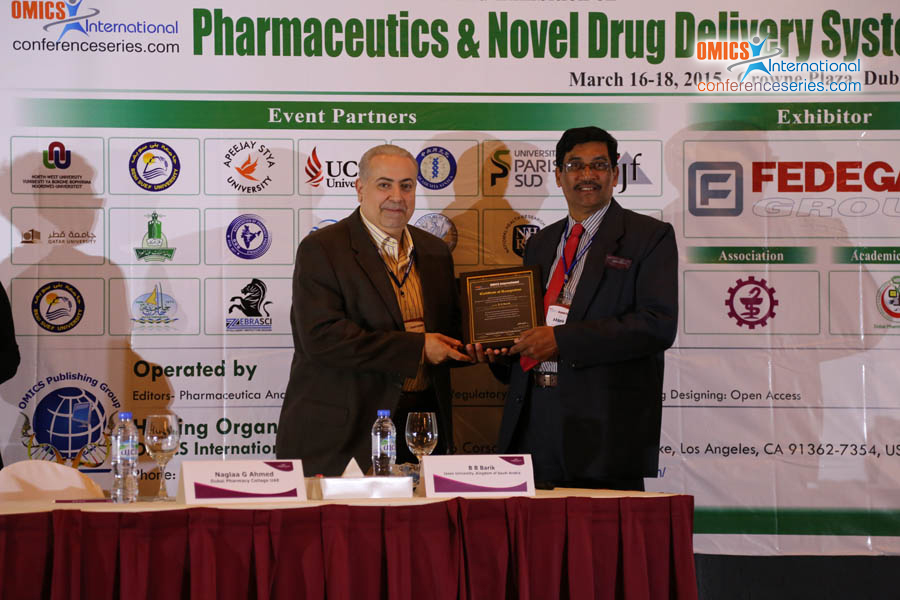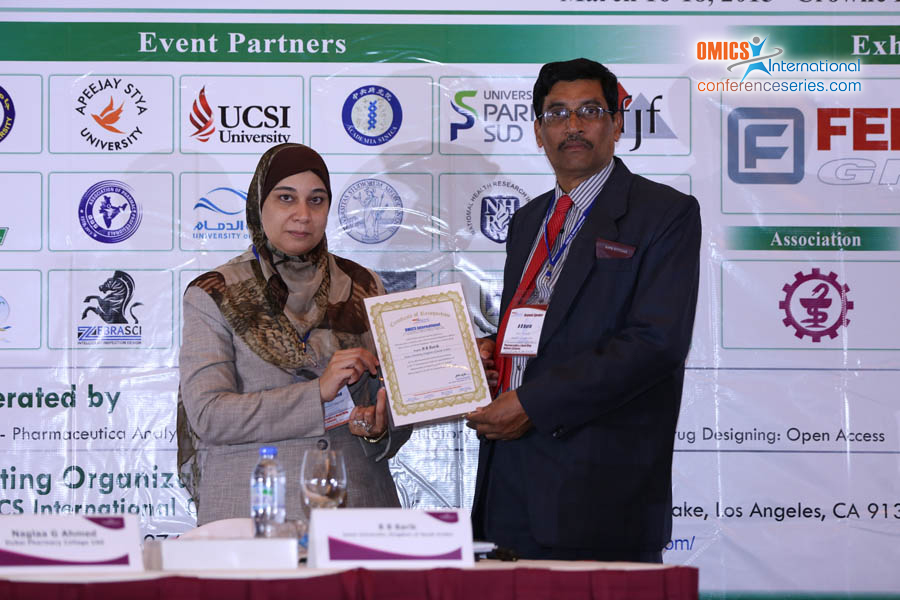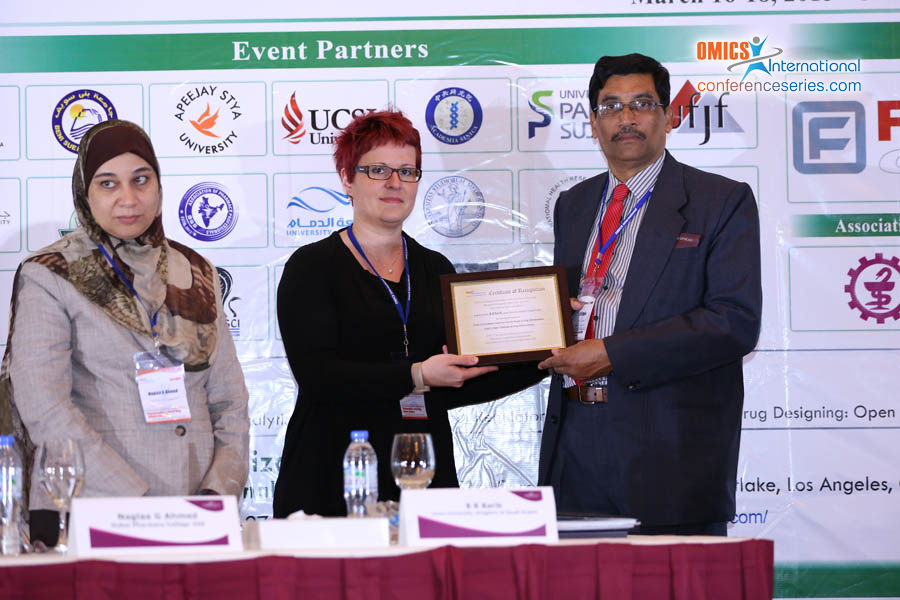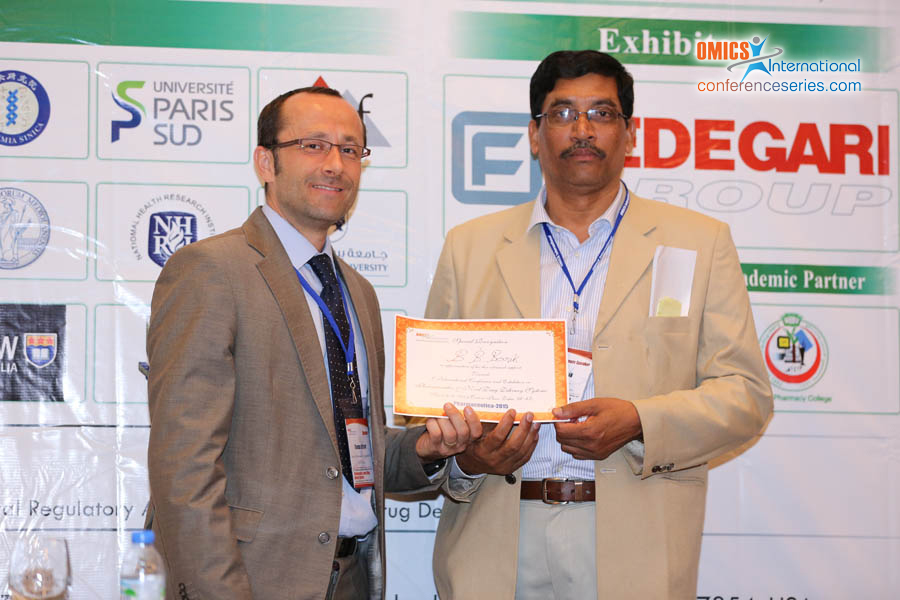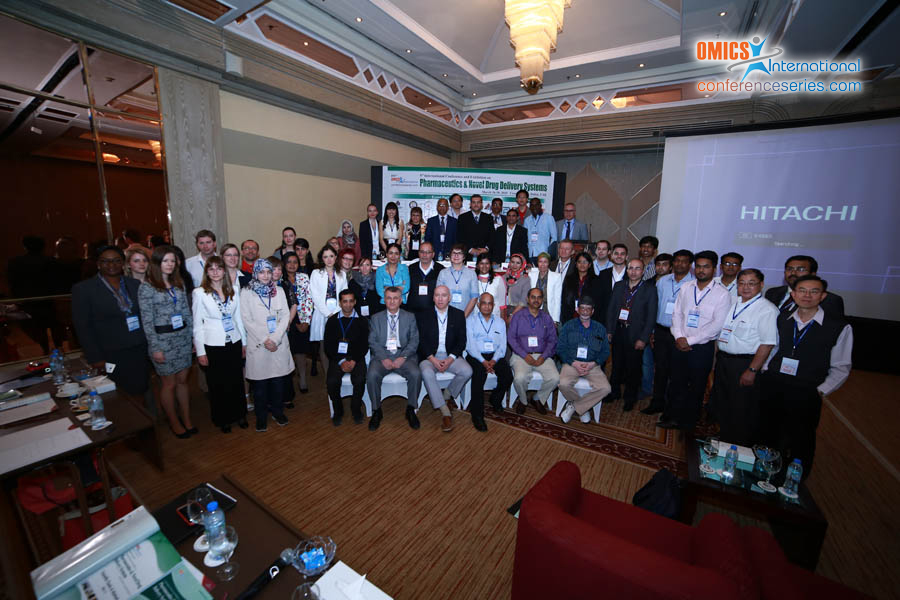
B B Barik
Jazan University, Kingdom of Saudi Arabia
Title: Drug Delivery System “A Challenge†for New Therapeutic Era
Biography
Biography: B B Barik
Abstract
The conventional dosage forms have been found to have serious limitations in terms of higher doses required, lower effectiveness, toxicity and adverse side effects. New drug delivery systems have been developed or are being developed to overcome the limitations of conventional drug delivery systems to meet the needs of the healthcare profession. The emerging field of biotechnology provides novel opportunity for the development of new drugs to treat the disorders like congenital defects, cancer, disorders involving immune systems and other diseases. The discovery of recombinant DNA technology and its application to new drug development has revolutionized the biopharmaceutical industry. Modern molecular techniques have changed the face of new drug development to include larger, more sophisticated and complex drug molecules. These large biopharmaceuticals make new therapeutic era which has enormous potential to treat diseases in novel ways previously unavailable. This has become an important pharmaceutical sector and accounts for the fastest growing class of new drugs in the market. Protein and peptide drugs, nucleic acid and diagnostics are the main drug products emerging from the biopharmaceutical industry. Besides essential pharmacodynamics and pharmacokinetics, toxicity and safety issues are also vital. Many challenges peptides experience on their way to becoming an effective drug. Due to their hydrophilicity, peptides exhibit limited ability to cross physiological barriers result in poor bioavailability. Nanocarrier technology indeed seems a promising innovation to increase peptide pharmacodistribution through nanoparticles, liposomes and micelles. Monoclonal antibodies (mAbs) are another new class of protein drugs applied in cancer treatment, imaging diagnosis, target specific delivery etc. Challenges in gene therapy include physical and chemical properties of DNA and RNA molecules, such as size, shape, charge, surface characteristics, and the chemical stability of these molecules and delivery systems. In-vivo problems include bioavailability, biodistribution and uptake of these macromolecules into cells. Liposomal nanocarriers offer targeted delivery but often face varying instabilities in biological fluids. In near future the nanoparticle drug delivery systems will play a key role in treating many diseases, for example, cancer by preventing multi drug resistance and combating cell proliferation in which blocking cellular growth or proliferation signals by targeting membrane transporters or their intracellular signal transduction pathways. Antibiotic resistance is one of the major health problems worldwide. Nanotechnology is the most unique technology that can provide suitable tools for effective targeted delivery of antimicrobial drugs into specific cells. Novel vaccines can be delivered successfully by using biodegradable nanoparticles. The safety and efficacy of current treatments with new drugs can be improved if their delivery rate, biodegradation, and site-specific targeting can be predicted, monitored, and controlled.
Speaker Presentations
Speaker PPTs Click Here

